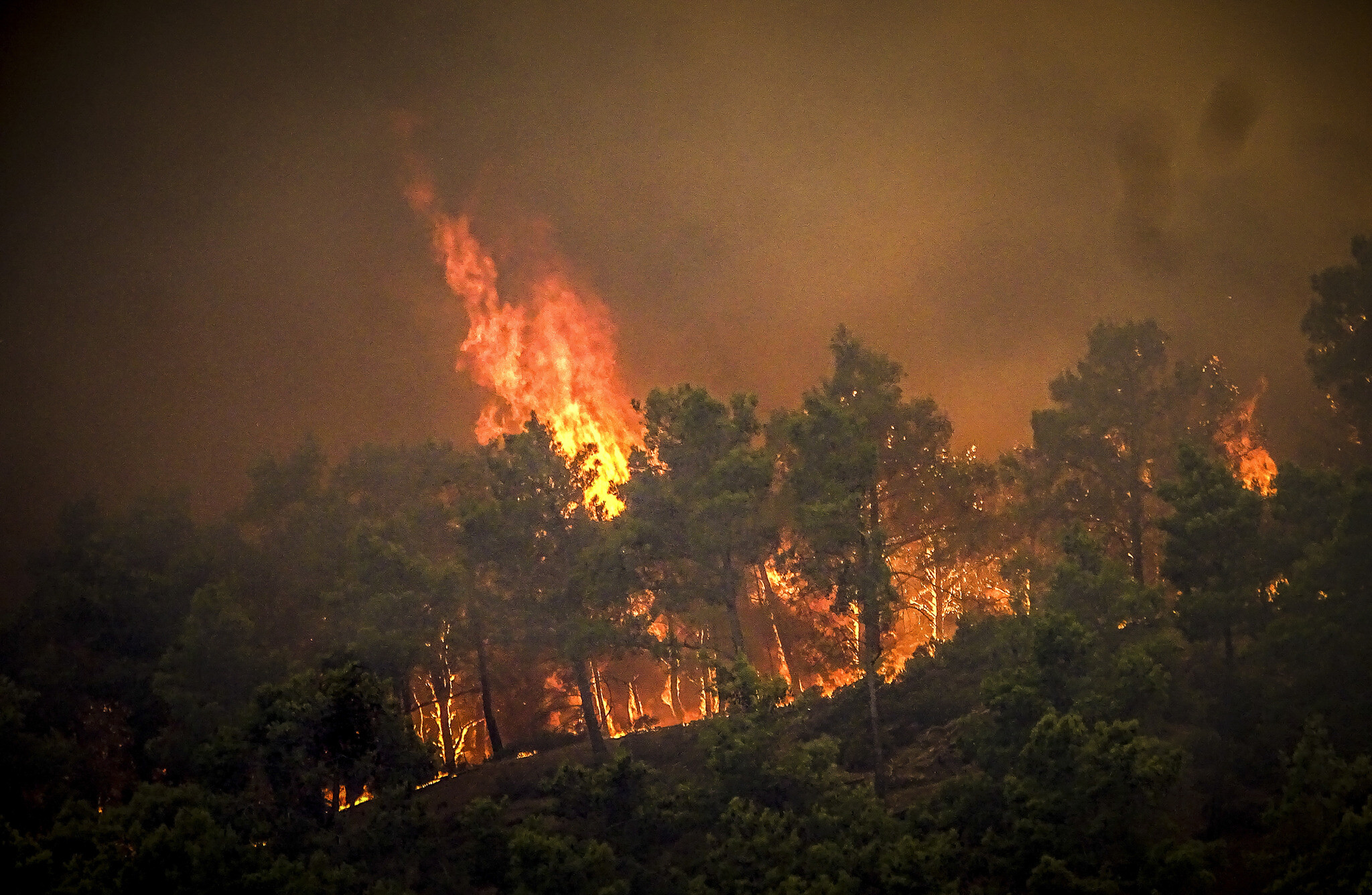Over the past two decades, the world has witnessed some of the most extensive and devastating wildfires in recent history. These fires have wreaked havoc on ecosystems, communities, and economies, highlighting the urgent need for effective wildfire management and climate change mitigation. Here are a few of the world’s biggest wildfires in the last 20 years:
Amazon Rainforest Fires (2019-2020):
The Amazon rainforest, often referred to as the “lungs of the Earth,” experienced a significant increase in wildfires during 2019 and 2020. These fires were often linked to deforestation, illegal land clearing, and climate change. The massive scale of these fires sparked international concern and renewed discussions about conservation efforts and sustainable land use.
:no_upscale()/cdn.vox-cdn.com/uploads/chorus_asset/file/22809055/GP1SVODS_High_res.JPG)
Australian Bushfires (2019-2020):
Australia faced one of its most catastrophic wildfire seasons in the summer of 2019 and 2020. Millions of acres of land were consumed by flames, destroying thousands of homes, displacing wildlife, and tragically claiming human lives. The fires were exacerbated by a combination of extreme heat, drought, and strong winds, bringing attention to the increasing threat of climate change to fire-prone regions.

California Wildfires (Multiple Years)
California has been plagued by a series of massive wildfires over the past two decades. In recent years, wildfires like the Camp Fire (2018) and the Dixie Fire (2021) have caused widespread destruction, including the loss of homes, infrastructure, and natural landscapes. Drought conditions, high temperatures, and the interaction between human activity and the natural environment have contributed to the severity of these fires.

Siberian Wildfires (2020-2021):
In 2020 and 2021, Siberia experienced unprecedented wildfires that ravaged vast areas of its boreal forests and tundra. The fires released massive amounts of carbon dioxide into the atmosphere, exacerbating concerns about global climate change. These fires were fueled by abnormally high temperatures and dry conditions, which are consistent with the warming trends observed in the Arctic region.

Greek Wildfires (2018, 2021):
Greece has faced several major wildfires in recent years, notably in 2018 and 2021. These fires have swept through forested areas and coastal regions, leading to loss of life, property damage, and environmental devastation. The combination of hot and dry weather, as well as the interaction between human activities and flammable landscapes, has contributed to the severity of these fires.

These examples underscore the urgent need for comprehensive strategies to address wildfires, including improved land management, sustainable development practices, and global efforts to combat climate change. As climate patterns continue to shift and intensify, proactive measures to prevent and manage wildfires will be essential to mitigate their devastating impact on communities and ecosystems.
